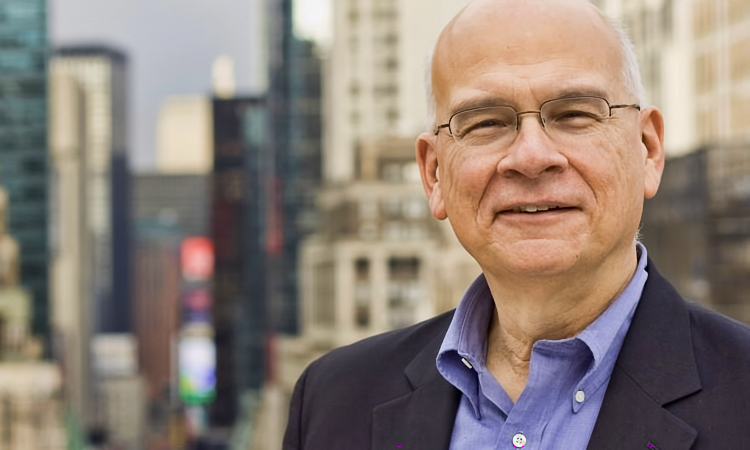In the face of a U.S. Supreme Court decision finding a constitutional right to gay marriage and the Oklahoma State Supreme ruling a Ten Commandments monument unconstitutional, many Christians are experiencing increased intolerance in the public square.
But does the increasingly secular culture mean believers need to adjust how they share the gospel?
“Yes, I mean, and no,” said Tim Keller, founding pastor at Redeemer Presbyterian Church in New York City.
“No in that you don’t change the good news, but, yes, it does I think change the way you share it.”
Keller is the author of several well-known Christian books, including “Counterfeit Gods” and “The Reason for God.”
His new book is “Preaching: Communicating Faith in an Age of Skepticism.”
Keller said people frequently alter their method of communicating with other people based on what they know about them, and sharing Christ is no different.
“If I’m talking to somebody who’s skeptical or somebody who’s sympathetic, I change the way I talk,” Keller explained.
“We’re that way with everyone. Hopefully, if you know how to communicate, you instinctively say things differently when you’re trying to bridge a barrier. Now that we live in a more secular society, we’re going to have to change the way we communicate the gospel.”
According to Keller, a key step to engaging this generation is to be able to explain your personal relationship with Christ through His word.
“The gospel has to be real to you,” he said.
“It has to have really changed your life. It can’t just be something you’ve adopted because you inherited it. If you simply say, ‘Well, this is the truth,’ people aren’t going to listen. Instead, you have to say, ‘Here’s how it works. Here’s how it functions in my heart, how it functions in my life.’ There’s got to be authenticity, and you’ve got to make it life-related. Otherwise, people won’t listen.”
Keller said authenticity is critical to the millennial generation, although he said young people are often quite hypocritical on this issue.
“Millennials are very high on authenticity,” he said.
“They’re often self-righteous about it. I’m not sure that they’re any less self-righteous or any more tolerant than their grandparents, or parents or great-grandparents. What’s funny about the millennials is, like every other generation, whatever they value they’re self-righteous about it. ‘We have it and nobody else does.’ And then they look down their noses and so they’re no better.”
That being said, Keller said authenticity needs to be at the core of our witness.
“Paul says, ‘We didn’t just preach the gospel, but we shared our very hearts with you (1 Thessalonians 2:8).’ Therefore, you really do have to do that and it’s never been more important,” he said. Continue reading
Image: The Broken Network
Additional readingNews category: Features.




